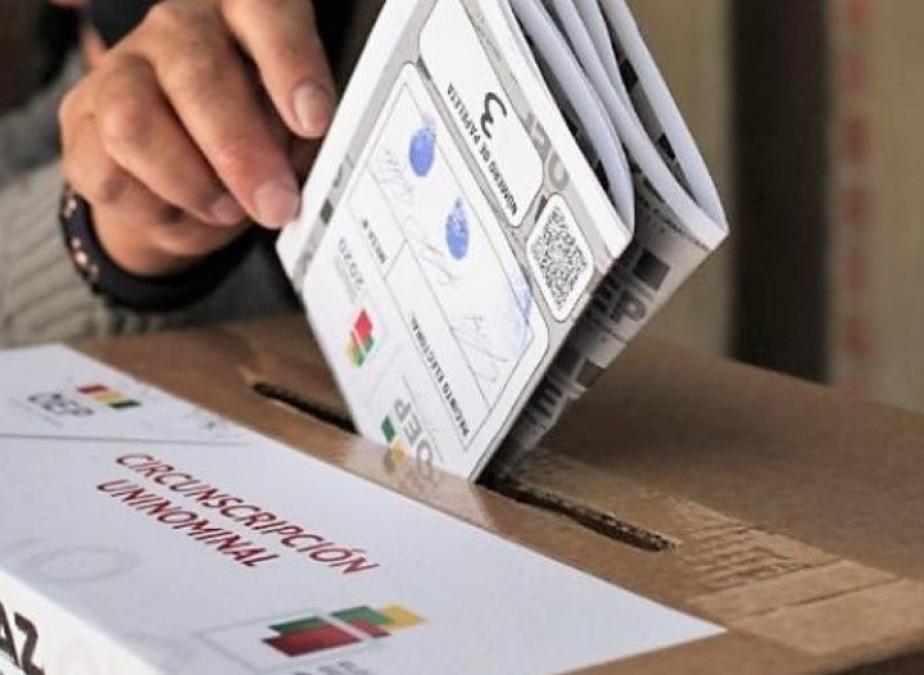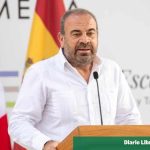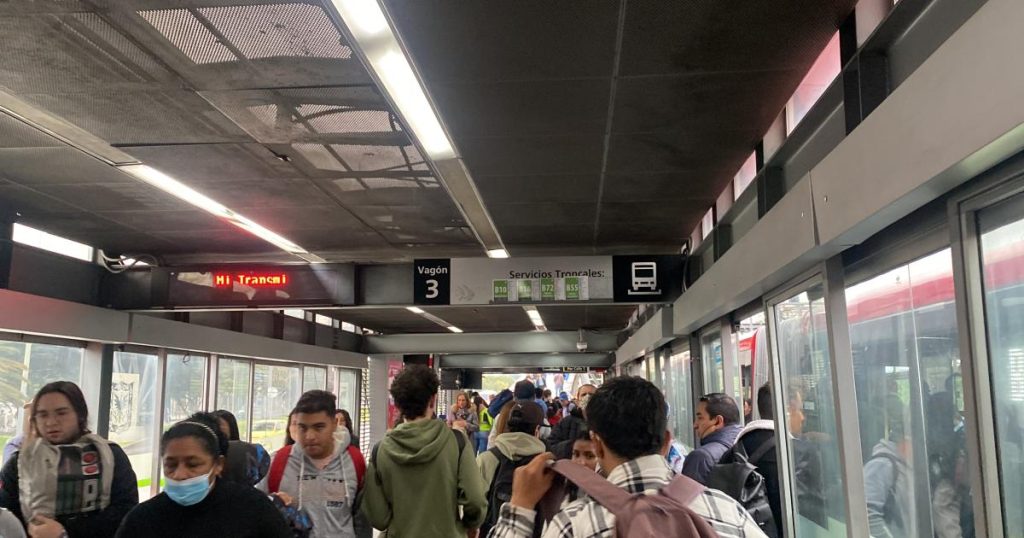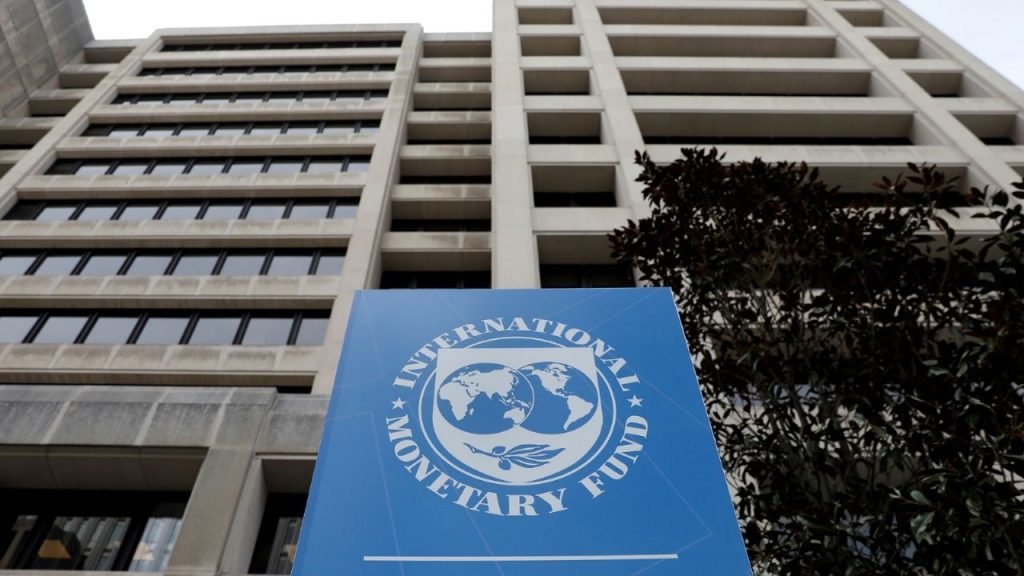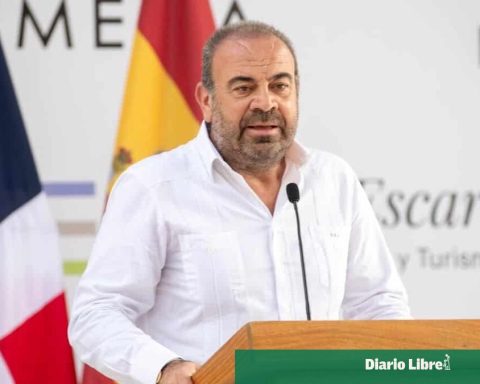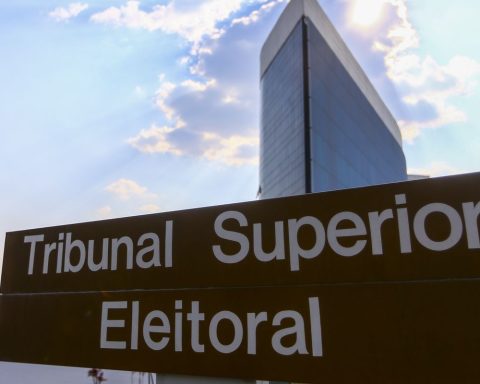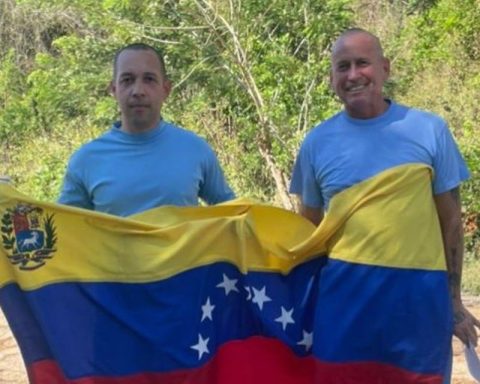The elections of next Sunday in Ecuador will begin an electoral supercycle in Latin America that can redefine the political landscape, with greater political diversity and a more pragmatic citizenship that demands concrete results to its rulers.
During 2025, four countries will hold presidential and legislative elections: Ecuador, Bolivia, Chile and Honduras. Haiti should also perform elections, if the internal situation allows.
In addition, there will be legislative in Argentina and Venezuela, local elections in Uruguay and Venezuela, together with the first judicial election in Mexico.
The supercycle will be extended until 2027, with a total of ten presidential votes, seven of them in South America. After the elections of 2025, there will be elections in Peru, Colombia, Brazil and Costa Rica in 2026, and generals in Argentina and Guatemala in 2027.
“The results and trends of these processes will be key to defining the political future of the region in the coming years,” analyst Daniel Zovatto, ‘Global Felow’ of the United States, of the United States, explains to Efe.
A complex context
The Economic Commission for Latin America and the Caribbean (ECLAC) provides regional growth of 2.4 %, below 3.3 % worldwide, estimated by the International Monetary Fund (IMF).
This weak growth – its social discomfort, high levels of insecurity and political risks – is a challenge for regional stability.
Therefore, “it is essential to guarantee equity, transparency and integrity into electoral processes, avoid extreme polarization and combat misinformation and electoral denialism,” says Zovatto.
“The population votes for other reasons, in addition to ideology: loss of purchasing power, anguish in the absence of security, few perspectives of social improvement, and malfunction of the State, parties and political class,” says Carlos Malamud and Rogelio Núñez Castellano in an analysis for the Royal Institute Elcano.
Ecuador: Noboa re -election or the return of Correism
The elections are presented in a context of high political fragmentation and polarization. There are 16 candidates, but only two have a chance of triumph: the current president, Daniel Noboa, and the Correísta Luisa González.
There will be a second round on April 13 if in the first round none exceeds 50 % or 40 % with a difference of ten points over the second applicant.
Among the challenges of Noboa, Zovato mentions insecurity, the prolonged electrical blackouts and the conflict with vice president Verónica Abad.
For his part, González seeks to capitalize on social discontent, although rejection of correism could make his victory difficult, according to analysts. Fragmentation in the National Assembly predicts governance problems.
Bolivia: crisis in the MAS and a possible alternation
The elections of August 10 will occur in the midst of Bolivian economic uncertainty, with a fiscal deficit of 11 % and exchange problems. In addition, former President Evo Morales (2006-2019), eager for the movement to socialism (more) and on whom judicial accusations weigh, is faced with President Luis Arce.
Morales seeks to be a candidate despite being legally disabled. Meanwhile, Andronón Rodríguez is emerging as the strongest official candidate.
The opposition tries to capitalize on the crisis of the MAS, but is also fragmented. Reyes Vikla The best positioned, has not agreed to be part of the block yet.
Former Presidents Jorge Quiroga (2001-2002) and Carlos Mesa (2003-2005) seek to consolidate an alternative. In this regard, the businessman Marcelo Claure has proposed that a mega -lecture be made, as primary, so that the opposition presents a single candidacy to face the MAS.
Chile: the right with possibilities of returning to power
The November 16 elections in Chile could mark the return of the right to the government. After the failure of two new Constitution projects, the Gabriel Boric government faces significant wear, with a disapproval greater than 60 %.
The former mayor of Providencia Evelyn Matthei is emerging as the best positioned candidate on the right, where options such as the ultraconservator José Antonio Kast and the libertarian Johannes Kaiser also emerge.
On the left, names such as Ministers Carolina Tohá and Camila Vallejo stand out, and the unknown persists on an eventual third candidacy of former president Michelle Bachelet (2006-2010 and 2014-2018), well positioned in the surveys.
As in Ecuador, it is most likely that in Chile a second round will be necessary. The conformation of Congress in these two countries and in Bolivia will take place on the first electoral date, which raises a challenge for governance due to the eventual political fragmentation in Parliament.
Honduras: Free seeks to retain power
In Honduras, November 30 elections could define the continuity of free or a change of government.
“The national party crisis after the drug trafficking scandal of Juan Orlando Hernández has weakened that political force, while the Liberal Party seeks to recover prominence with Salvador Nasralla as an outstanding figure,” explains the jurist and political scientist Daniel Zovatto.
Rixi Moncada is the main free applicant and has the support of former president Manuel Zelaya (2006-2009), although surveys show a high level of undecided.
Argentina: Legislative elections as plebiscite for Milei
On October 26, Argentina will hold legislative elections in a context of polarization and economic adjustment.
“President Javier Milei raises these elections as a validation of his management, highlighting the reduction of inflation, but facing criticism for the social impact of his measures,” says Zovatto.
Republican proposal, by former president Mauricio Macri (2015-2019) and La Libertad advances from Milei compete for leadership on the right, while Peronism tries to reorganize after its defeat in 2023.
The governor of the province of Buenos Aires Axel Kicillof and former president Cristina Fernández (2007-2015) are key figures in the opposition strategy, although judicial problems could prevent the candidacy of the latter.
Zovatto, Malamud and Núñez Castellano analysts agree that, after the electoral results of 2023 and 2024, it is difficult to consider that in Latin America there is a uniform turn to the right or left.
Voters are prioritizing security, economy and the fight against corruption above traditional ideologies. In addition to this pragmatism, external factors, such as international policy and the influence of global leaders such as Donald Trump, can influence Latin American elections.
